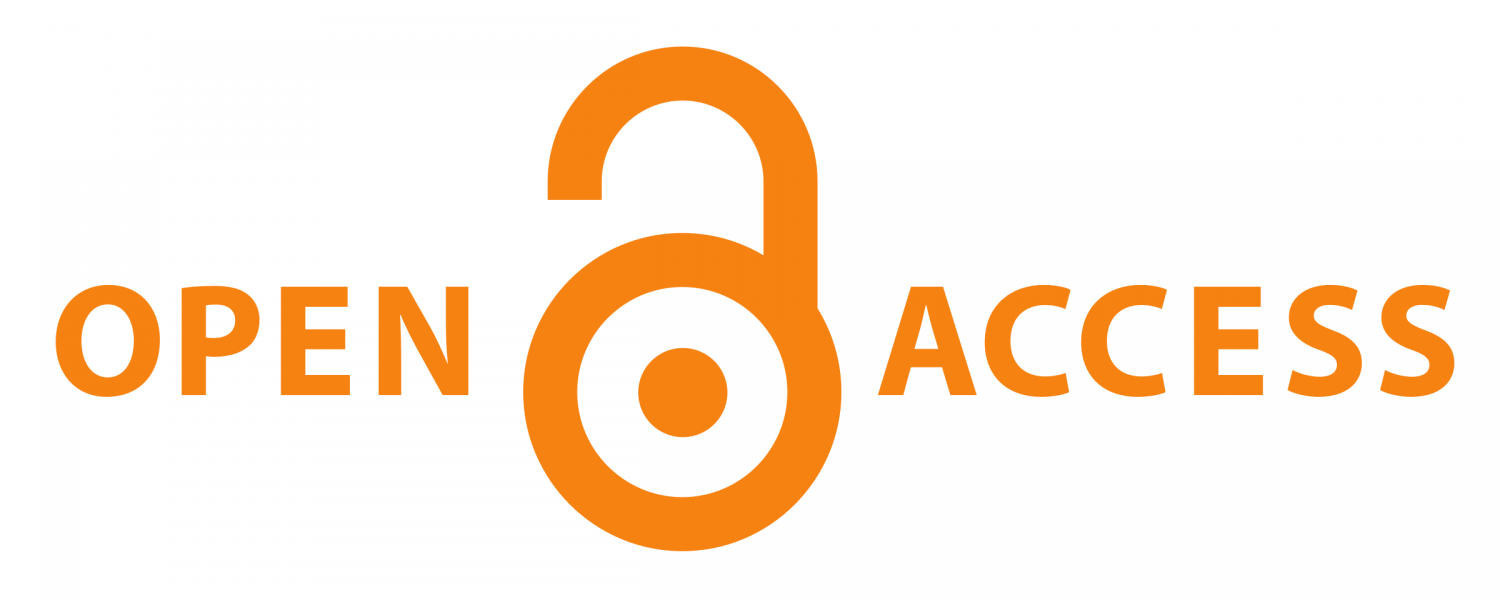Ethical Policy
At the Journal of Information Technology, Cybersecurity, and Artificial Intelligence (JITCAI), we are committed to upholding the highest standards of ethical behavior in all aspects of the publication process. We expect authors, reviewers, and editors to adhere to rigorous ethical guidelines to maintain the integrity of the scientific record. This policy provides guidance on ethical practices related to authorship, data integrity, peer review, publication, and editorial decisions.
1. Ethical Guidelines for Authors
Authors submitting to JITCAI are required to follow ethical guidelines that ensure the integrity and credibility of their research:
-
Originality and Plagiarism: Authors must ensure that their work is original and free from plagiarism. All sources of data, ideas, and text must be properly cited. Manuscripts that are found to have been plagiarized will be rejected.
-
Data Integrity: Authors must provide accurate data and results. Fabrication, falsification, or manipulation of data is considered unethical behavior and will result in the rejection of the manuscript or retraction of the published article.
-
Authorship and Acknowledgments: Only individuals who have made a significant contribution to the research should be listed as authors. All contributing authors must have approved the final version of the manuscript. Any contributors who do not meet the criteria for authorship should be acknowledged.
-
Multiple or Redundant Publication: Authors must not submit the same manuscript to more than one journal at the same time (duplicate submission). Additionally, authors should not submit work that has been published elsewhere unless it is a clearly stated extended version of a conference paper, with proper citation and permission.
-
Conflicts of Interest: Authors must disclose any financial or personal relationships that could influence their research. All conflicts of interest should be transparently declared in the manuscript.
2. Ethical Guidelines for Reviewers
Peer reviewers play a critical role in ensuring the quality and integrity of the articles published in JITCAI. Reviewers are expected to adhere to the following ethical guidelines:
-
Confidentiality: Manuscripts submitted for review must be treated as confidential documents. Reviewers must not share the manuscript or any details about it with others unless authorized by the journal.
-
Objectivity: Reviews should be conducted objectively and constructively. Reviewers should avoid personal criticism of the author and should provide clear, reasoned arguments in support of their assessments.
-
Acknowledgment of Sources: Reviewers should identify any relevant work that has not been cited by the authors. If a reviewer suspects plagiarism or other unethical practices, they must notify the editor.
-
Conflicts of Interest: Reviewers must disclose any potential conflicts of interest that could bias their review. If a conflict exists, the reviewer should decline the review.
3. Ethical Guidelines for Editors
Editors are responsible for making fair and unbiased decisions on the publication of manuscripts. JITCAI editors are expected to follow these ethical guidelines:
-
Fairness and Independence: Editors must evaluate manuscripts for their intellectual content without regard to race, gender, sexual orientation, religious beliefs, citizenship, or political ideology of the authors. Editorial decisions must not be influenced by commercial interests or external pressures.
-
Confidentiality: Editors must ensure that all submitted manuscripts are treated with confidentiality. Information regarding a manuscript should not be disclosed to anyone other than the corresponding author, reviewers, and the editorial board.
-
Conflict of Interest: Editors must recuse themselves from handling manuscripts in which they have conflicts of interest, whether personal or professional.
-
Handling Ethical Complaints: If ethical complaints arise concerning a submitted or published manuscript, editors should take appropriate action, which may include a formal investigation, contacting the authors’ institutions, and issuing corrections, retractions, or expressions of concern if necessary.
4. Research Involving Human or Animal Subjects
JITCAI expects authors to follow ethical guidelines when conducting research involving human or animal subjects:
-
Human Subjects: Authors must confirm that all human research participants have provided informed consent. Studies involving human subjects must adhere to ethical standards set forth in the Declaration of Helsinki and approved by relevant ethics review boards or committees.
-
Animal Subjects: Research involving animals must comply with ethical guidelines for the humane treatment of animals and must be approved by appropriate institutional ethics review boards.
5. Handling Ethical Issues
-
Misconduct: JITCAI will take all allegations of misconduct seriously. Misconduct includes plagiarism, data fabrication, falsification, and unethical research practices. If misconduct is detected, the journal will investigate the case and take appropriate action, which may result in the rejection or retraction of the article, notification to the author’s institution, and other corrective measures.
-
Retractions and Corrections: If significant errors or ethical breaches are discovered post-publication, JITCAI will publish corrections or retract the article as necessary. Retraction notices will explain the reason for the retraction and will be clearly linked to the retracted article.
6. Appeals and Complaints
Authors, reviewers, or readers who have concerns about the ethical aspects of a manuscript or published article are encouraged to contact the editorial office. Appeals will be handled impartially by the editorial board, and all complaints will be investigated in a fair and timely manner.
JITCAI is committed to promoting a culture of ethical research and publication practices. All parties involved in the submission, review, and publication process are expected to adhere to these guidelines to ensure the integrity of the journal and the research it publishes.







